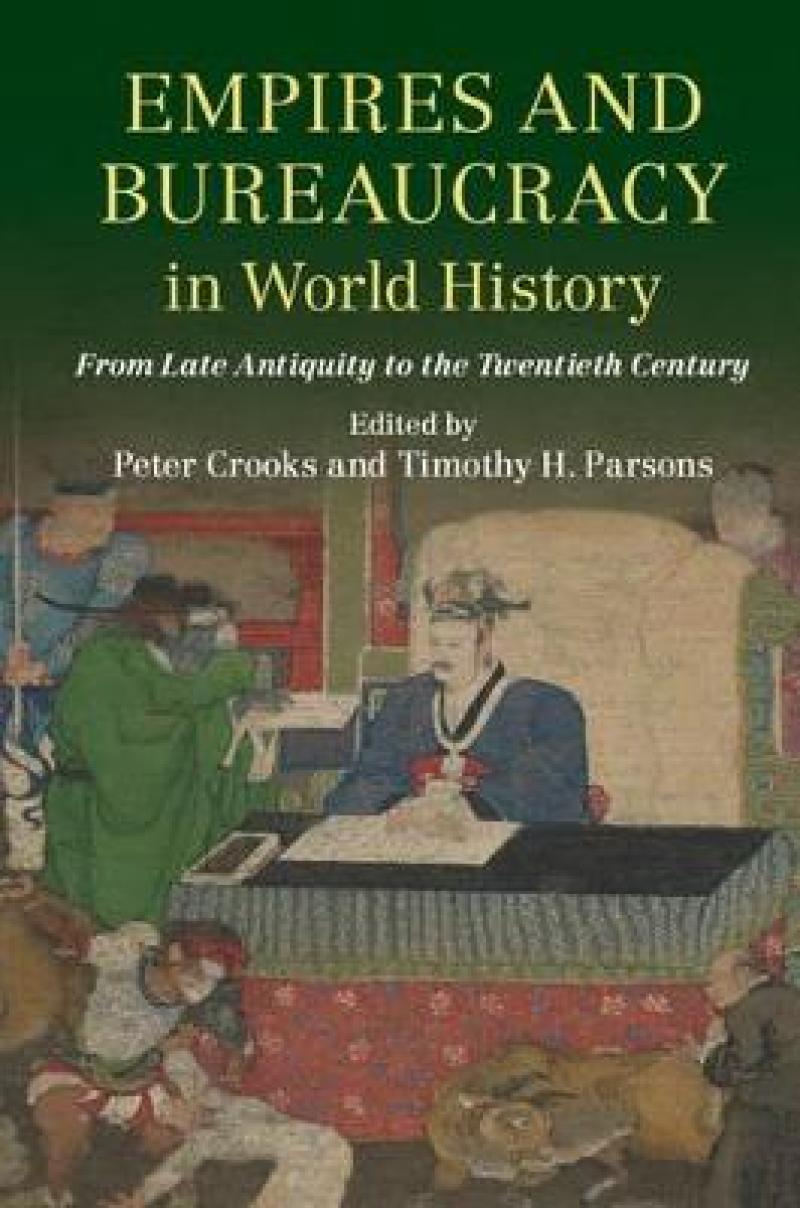'Crooks and Parsons have taken an unfashionable subject and crafted a sparkling set of essays that demonstrate the importance of bureaucracy to the founding and maintaining of a diverse array of empires. Speaking across a huge temporal divide, this collection is sensitive to newer histories of colonialism, takes nothing for granted, and rethinks comparative history in important and productive ways. An impressive contribution that belongs on the shelves of historians of empire from every era and every region.' Philippa Levine, University of Texas, Austin
'This book studies the links between the hugely important but complicated realities of empire and bureaucracy in a way that is extremely wide-ranging, of great conceptual clarity but also full of detailed knowledge. Given the enormous scale of the project and the different perspectives of the many specialists involved in writing the individual chapters, the coherence of this fascinating work is a great tribute to the two editors. Dominic Lieven, University of Cambridge
'A distinguished array of the most important and innovative historians in their respective fields has been brought together here. The resulting debates and discoveries are wide-ranging, penetrating, often genuinely groundbreaking.' Stephen Howe, University of Bristol
'In this rich collection of essays edited by Peter Crooks and Timothy H. Parsons, historians working on diverse regions and eras examine the relationship between the establishment and running of empires and bureaucracy.' Prachi Deshpande, H-Asia



